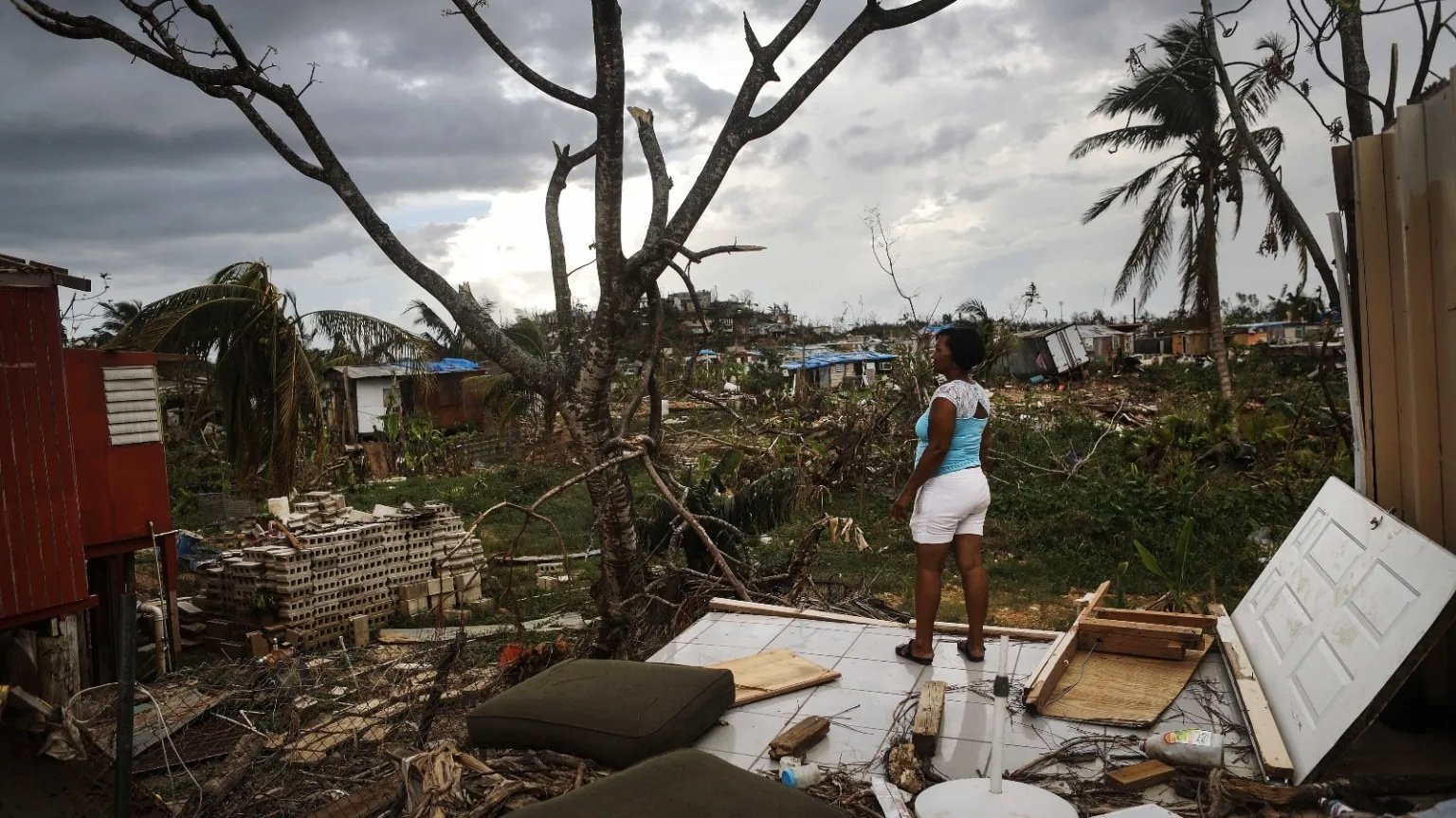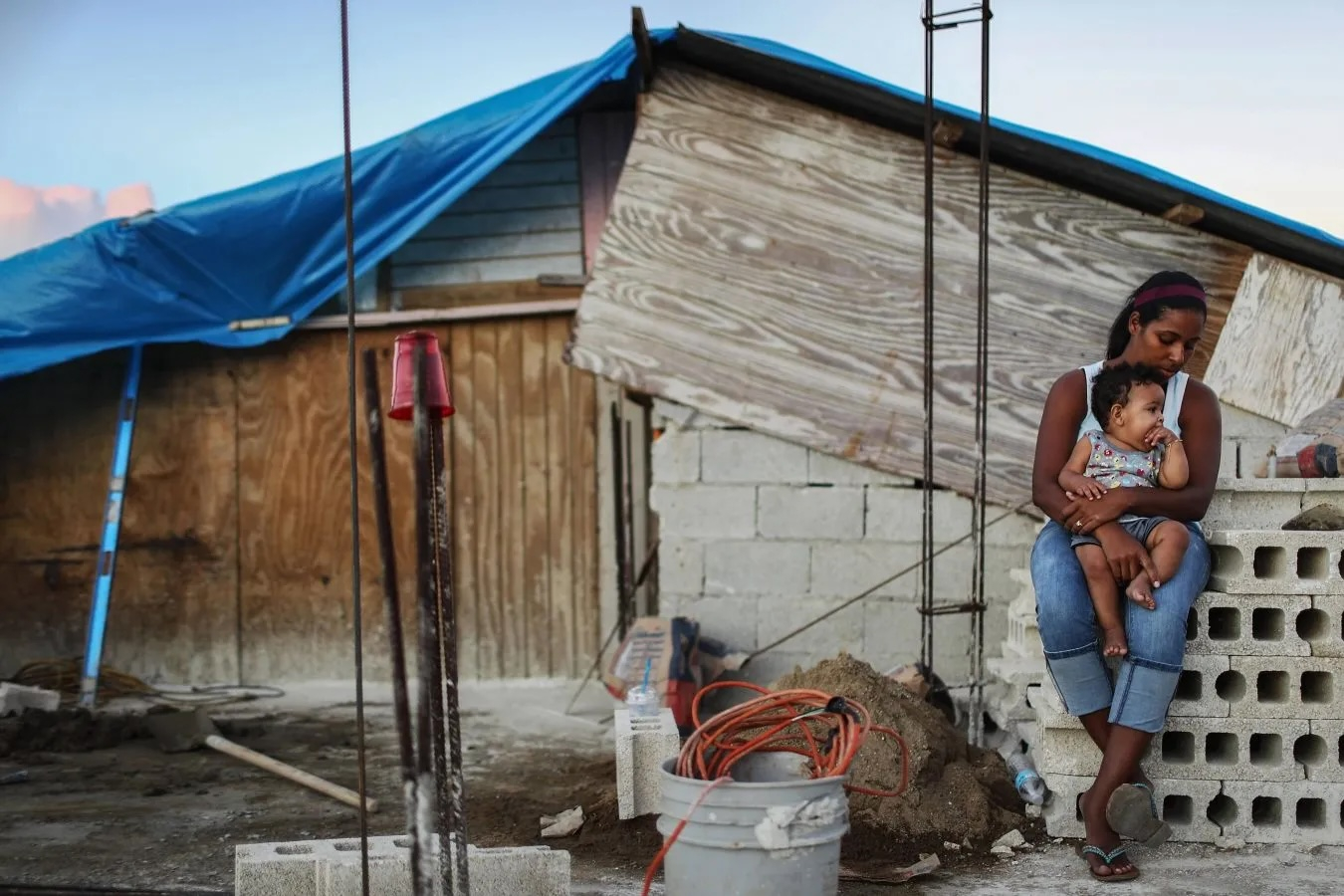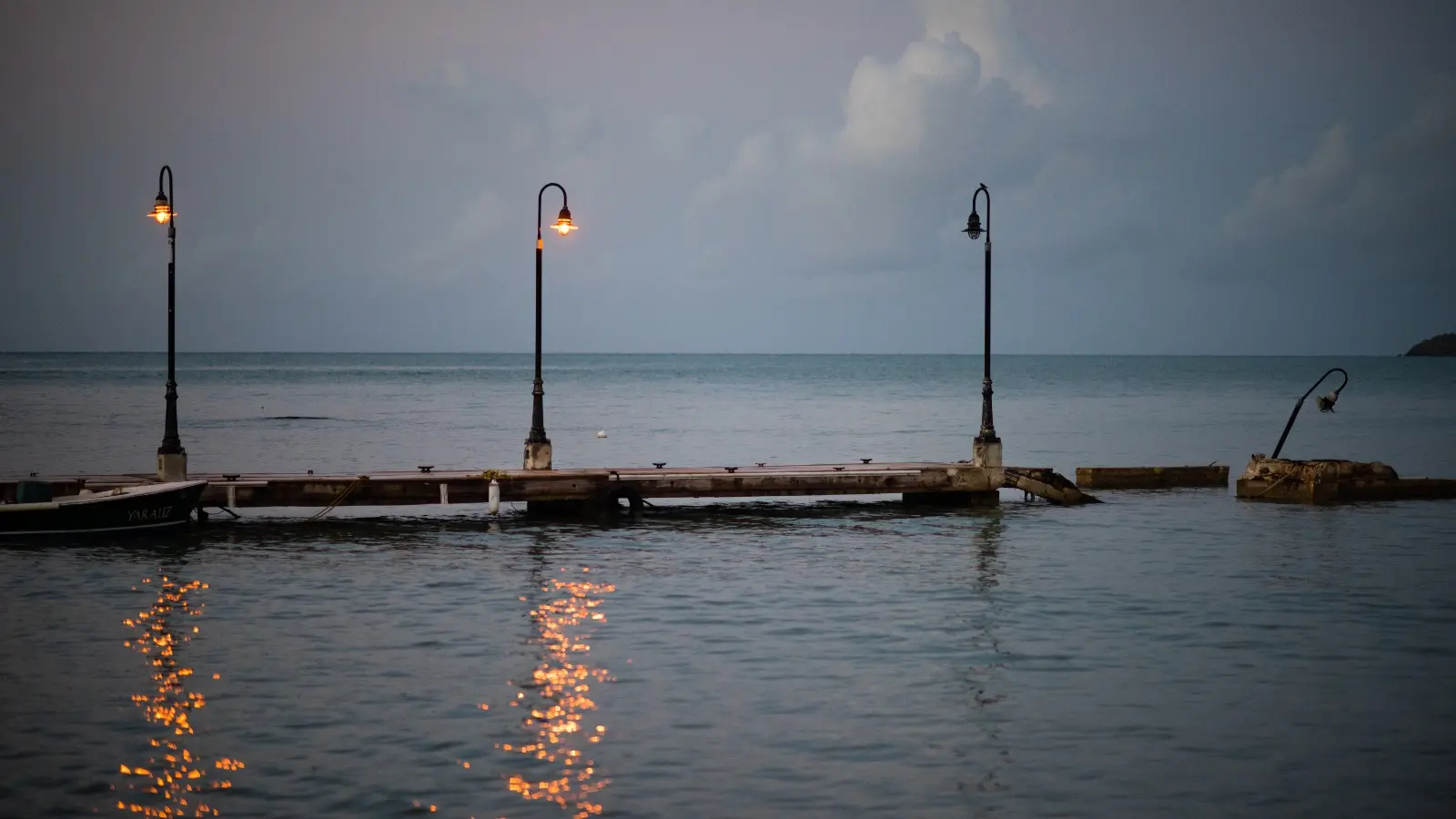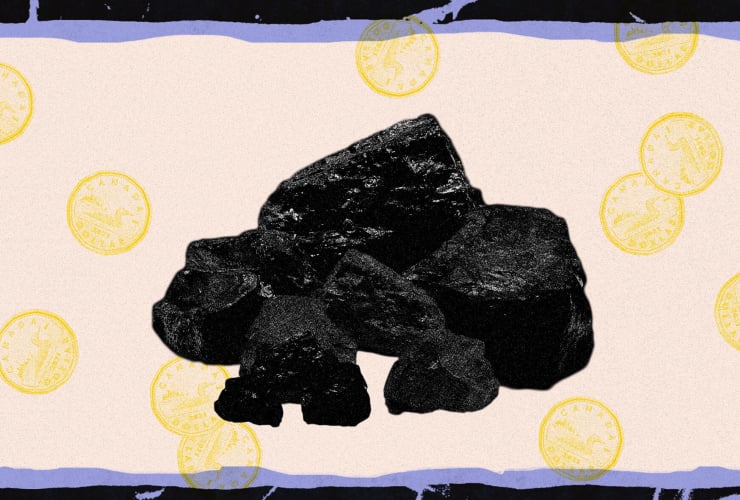This story was originally published by Grist and appears here as part of the Climate Desk collaboration.
After a hurricane, flood, wildfire, or other disaster strikes, a great tallying commences: the number of people injured and killed; buildings damaged and destroyed; acres of land burned, inundated or contaminated. Every death is recorded, every insured home assessed, the damage to every road and bridge calculated in dollars lost. When the emergency recedes, the insurance companies settle their claims, the federal government doles out its grants and communities are expected to rebuild. But the accounting misses a crucial piece of the aftermath: Worsening disasters are leaving invisible mental health crises in their wake.
A handful of studies have sought to quantify the scope and scale of the mental health consequences of disasters that have occurred in the recent past, such as hurricane Andrew in 1992, hurricane Katrina in 2005 and hurricane Irma in 2017. The results point to an alarming trend: The stress and trauma of losing a loved one, seeing a home destroyed, or watching a beloved community splinter have resounding mental health repercussions that stretch on for months, even years after the disaster makes its first impact and can include anxiety, depression, sleep disorders, post-traumatic stress and sometimes suicidal ideation and suicide follow disasters.
Children and adolescents — who are still learning to regulate their emotions, rely on routine and a sense of safety more than most adults do and get social and mental stimulation from interacting with peers — are among the demographics most vulnerable to the chaos and isolation brought on by extreme weather events.
A study published in mid-January in the Journal of Traumatic Stress analyzed survey data from more than 90,000 public school students across Puerto Rico in the months following hurricane Maria’s landfall in September 2017. Maria, a Category 5 storm that caused widespread destruction in the northern Caribbean, killed nearly 3,000 people in Puerto Rico and caused mass blackouts that left huge portions of the island without electricity and drinking water for months — a reflection of decades of disinvestment in and mismanagement of the island’s infrastructure.
Some 30 per cent of the students surveyed five to nine months after the hurricane made landfall said they felt their lives were threatened by the storm, 46 per cent said their homes were significantly damaged and 17 per cent said they were injured or a family member was injured.

Roughly seven per cent of the young people surveyed — about 6,300 students — developed symptoms of post-traumatic stress disorder, or PTSD, after the storm. For this subset, the psychological consequences of living through Maria and its aftermath were extreme.
Prior research has shown that young people are more likely to turn to alcohol as a coping mechanism after experiencing traumatic stress, a precursor to PTSD. A study published in 2021 hypothesized that children living in Louisiana who were exposed to hurricane Katrina in 2005 and the Deepwater Horizon oil spill in 2010 would have higher rates of anxiety, depression and alcohol use as teenagers than the general population in southeastern Louisiana. The researchers found a connection: The more severe the traumatic stress during and after the disaster, the more likely the individual was to report substance use.
“There is an initial link that has been found in other research,” said Alejandro L. Vázquez, the lead author of the Puerto Rico study and an assistant professor of psychology at the University of Tennessee, Knoxville. But a huge question remains. “The mechanism for why kids are using substances in this situation is less clear,” he said.
Vázquez wanted to figure out which specific symptoms of traumatic stress were linked to alcohol and substance abuse in the students who suffered PTSD symptoms after Hurricane Maria. He found that angry outbursts and irritable behaviour, two of the core symptoms of PTSD, were strongly correlated to self-reported substance use.
Robbie Parks, an environmental epidemiologist at Columbia University’s Mailman School of Public Health, called the study a “fantastic synthesis of how the hidden burden of climate-related disasters such as hurricane Maria can have long-lasting, non-obvious impacts on the way that our health and well-being is maintained.” Parks was not involved in the research.

The ultimate purpose of the research, Vázquez told Grist, is to arm counsellors, teachers and mental health professionals with information that can help them identify PTSD as it forms in young people post-disaster and intervene before it prompts them to develop unhealthy habits. “When we think about trajectories, if you get into the habit of using these maladaptive coping strategies, you can build biological dependence on substances,” Vázquez said. “One storm can have this life-changing effect for a child.”
The upshot is that isolating the behaviours that may eventually lead to alcohol and drug dependence is a first step toward protecting children from some of the more visceral consequences of surviving a disaster like a hurricane. The study found that children who had a supportive caregiver, friend, or teacher were less likely to turn to harmful coping devices. “This is consistent with the idea that the disintegration of social structures — be it climate change or otherwise — will impact the way people behave after a traumatic event,” Parks said. “It speaks to the particular vulnerability of youth in a resource-scarce area.”
More research is needed to figure out exactly how to help youth survive the mental repercussions of hurricanes and other extreme weather events, Vázquez said, especially as climate change becomes more severe. “There’s going to continue to be intense storms with more devastation in low-lying areas like Puerto Rico that are more vulnerable,” he said.
If you or someone you know may be considering suicide, contact the 988 Suicide & Crisis Lifeline by calling or texting 9-8-8, or the Crisis Text Line by texting HOME to 741741.
We all faced some form of
We all faced some form of stress or trauma growing up, but were told to suck it up and to get over it. Did anything of that affect our mental health in my circle of friends and family? Answer, no. You learned at a young age to deal with it and move on. You still don't forget these events, but you don't let them run your life forever.
Now a days, we spend way too much time shielding our kids from life's realities, being helicopter parents, not allowing kids to play and get dirty and as a result, we have two or more generations that can't deal with real life and develop mental issues. The same generations have grown up to feel entitled and parents have made their life too easy by giving in to their every demand.
You watch the same generations complain about interest rates, affordability, the government or the cost of goods. They have no clue that the economy goes in cycles and they should feel fortunate that interest rates did not reach 21% as they did in the 80's. They don't understand the global factors that affect our lives and the economy, but will believe garbage on social media, without possessing the skill to fact check anything.
The same generations complain they can't afford to buy a home, yet aren't willing to scale back their spending habits (expensive cars, toys, eating out, partying, traveling) and save money for a down payment. The more entitled ones have the Bank of Parents to give them the down payment.
As parents, we have spent way too much time shielding kids from life's realities and giving them many things without any effort on their part to earn it. As a result, we have created kids with mental issues, because at some point they much face the real world and never prepared for it. I also fault the shrinks for making discipline of a child a crime in our society. It certainly did not cause any harm in my generation and we learned quickly the right and wrongs of the world in behavior, being responsible for my own actions, learning to earn things and not to feel entitled to anything.
I feel for anyone that experiences trauma, stress or a disaster first hand, but don't shield the feelings or shield kids from the real world, or they will never cope with the real world. It needs to be discussed, so they learn to deal with it and move on or soon we will end up with a world of entitled individuals who can't deal with life. When it comes to climate change, there is no one parent that can make it better of shield them from its reality. It is only going to get worse before it gets any better or so we hope.





Comments